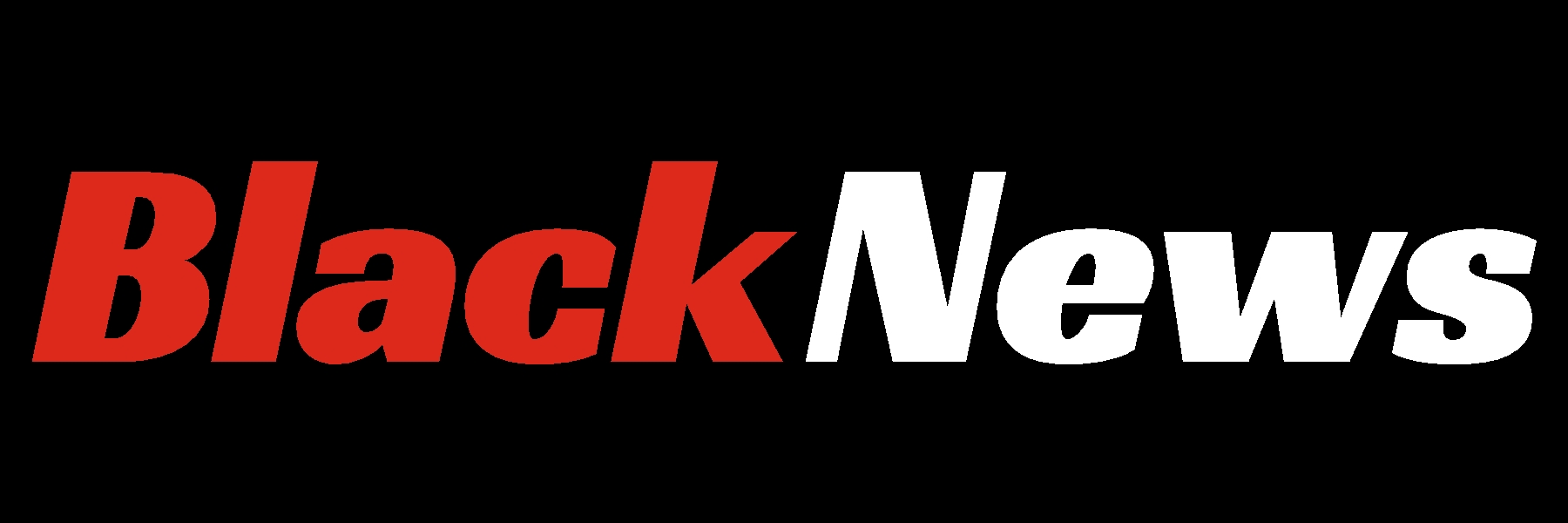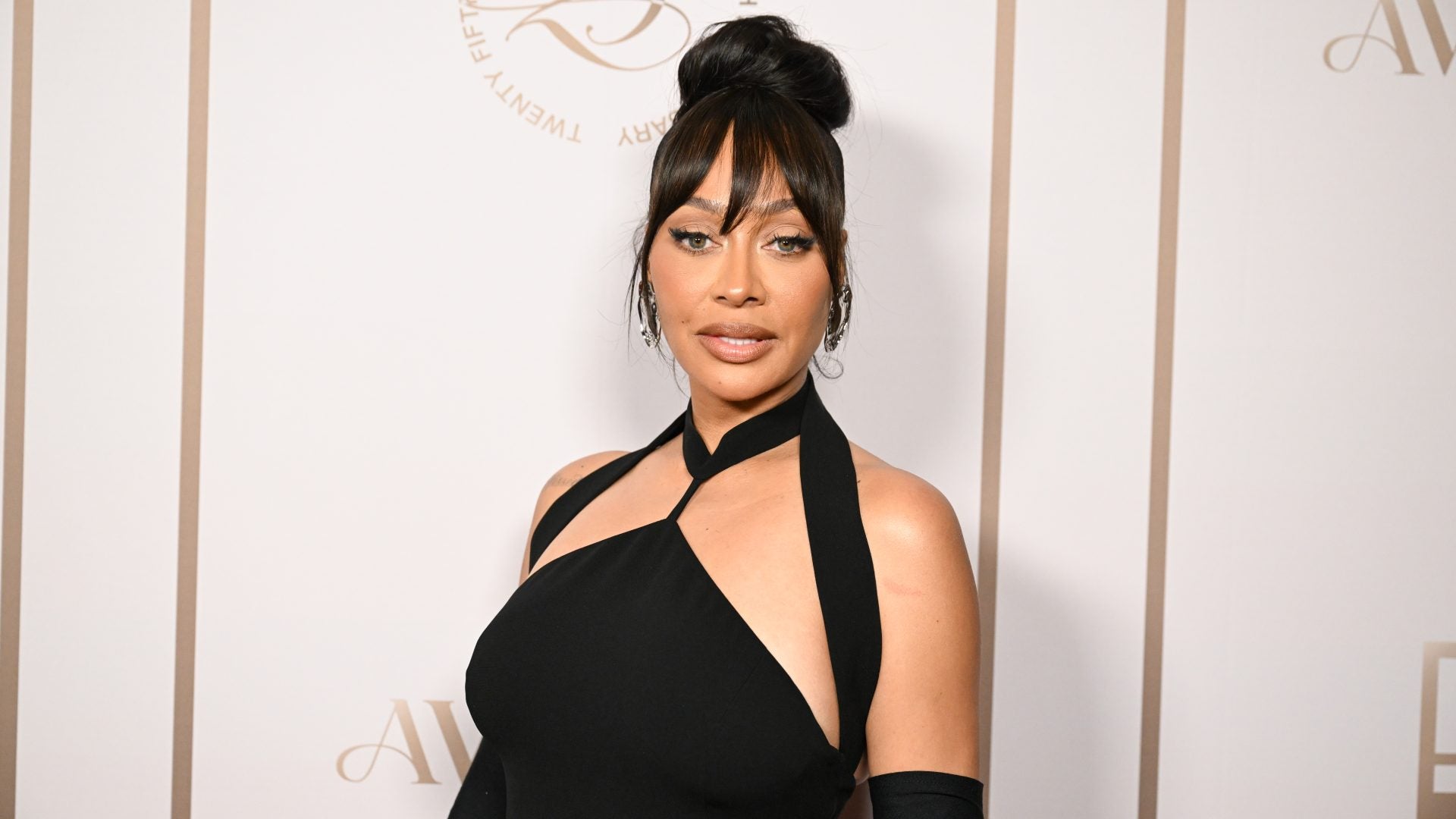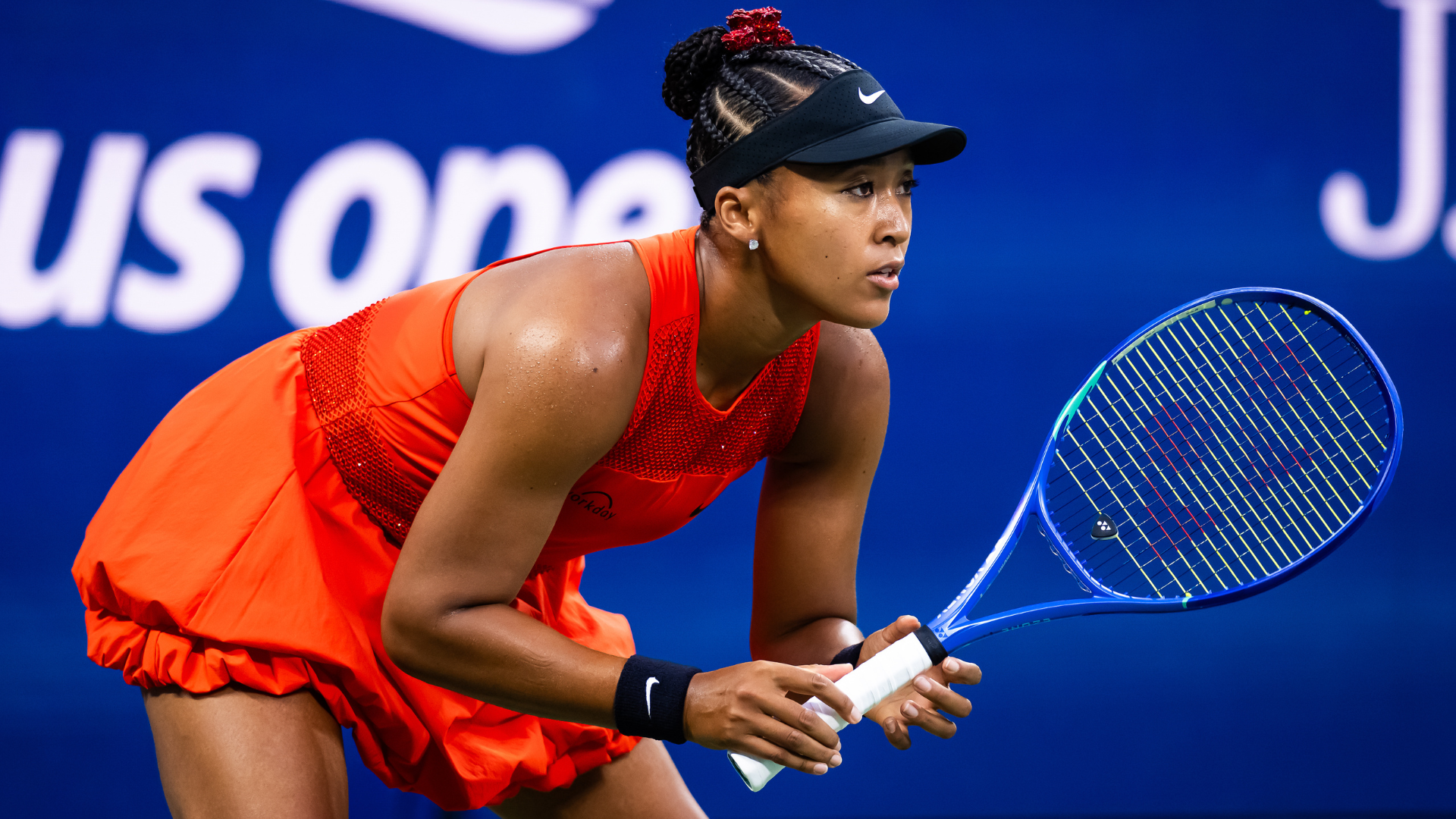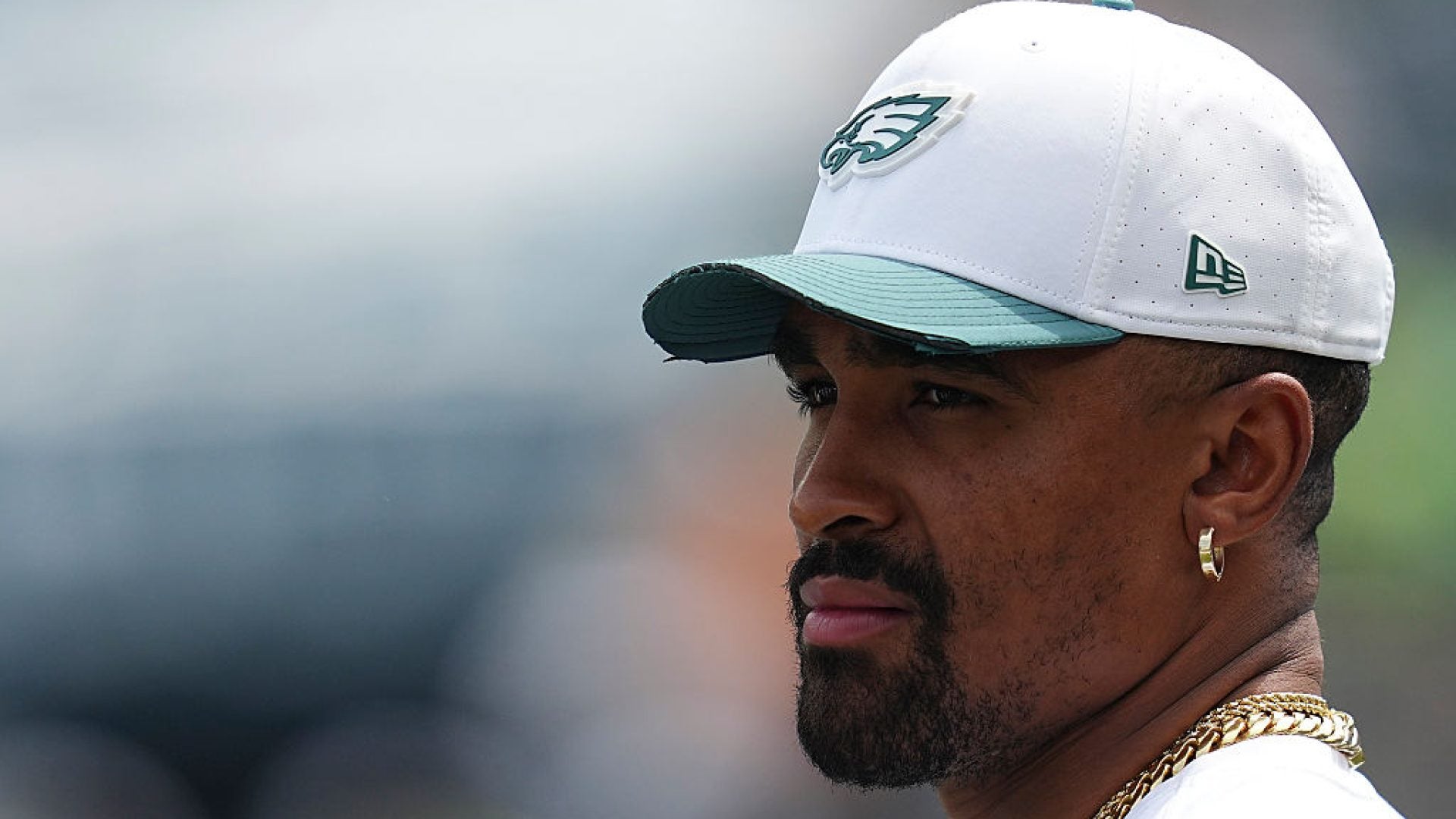The Canary In The Coal Mine Isn’t A Metaphor: It’s Black Women’s Wallets
By now, we’ve all likely seen this alarming stat: Nearly 300,000 Black women have left the labor force in three months. Everyone from journalists to executives has given their thorough […] The post The Canary In The Coal Mine Isn’t A Metaphor: It’s Black Women’s Wallets appeared first on Essence.
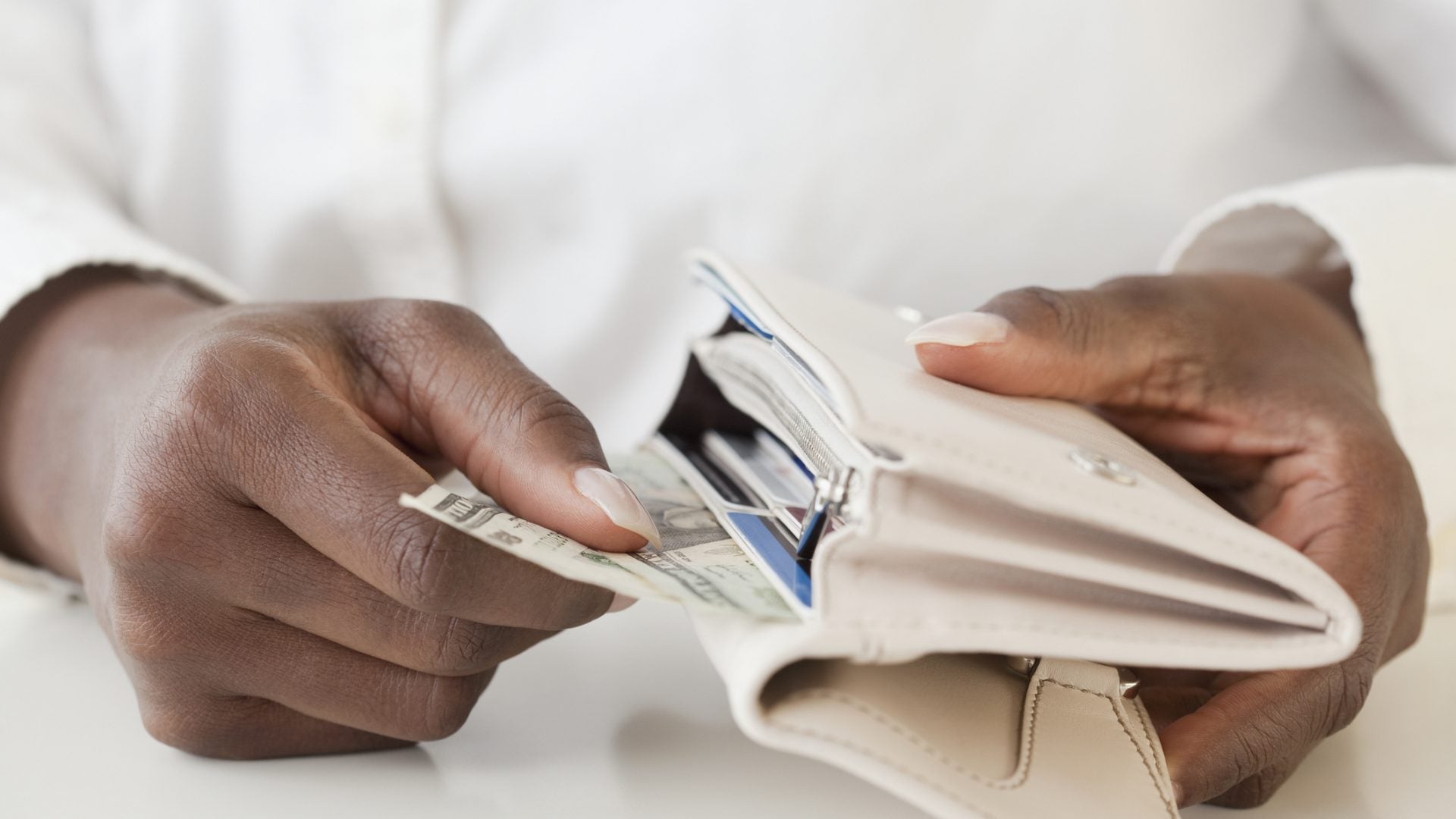
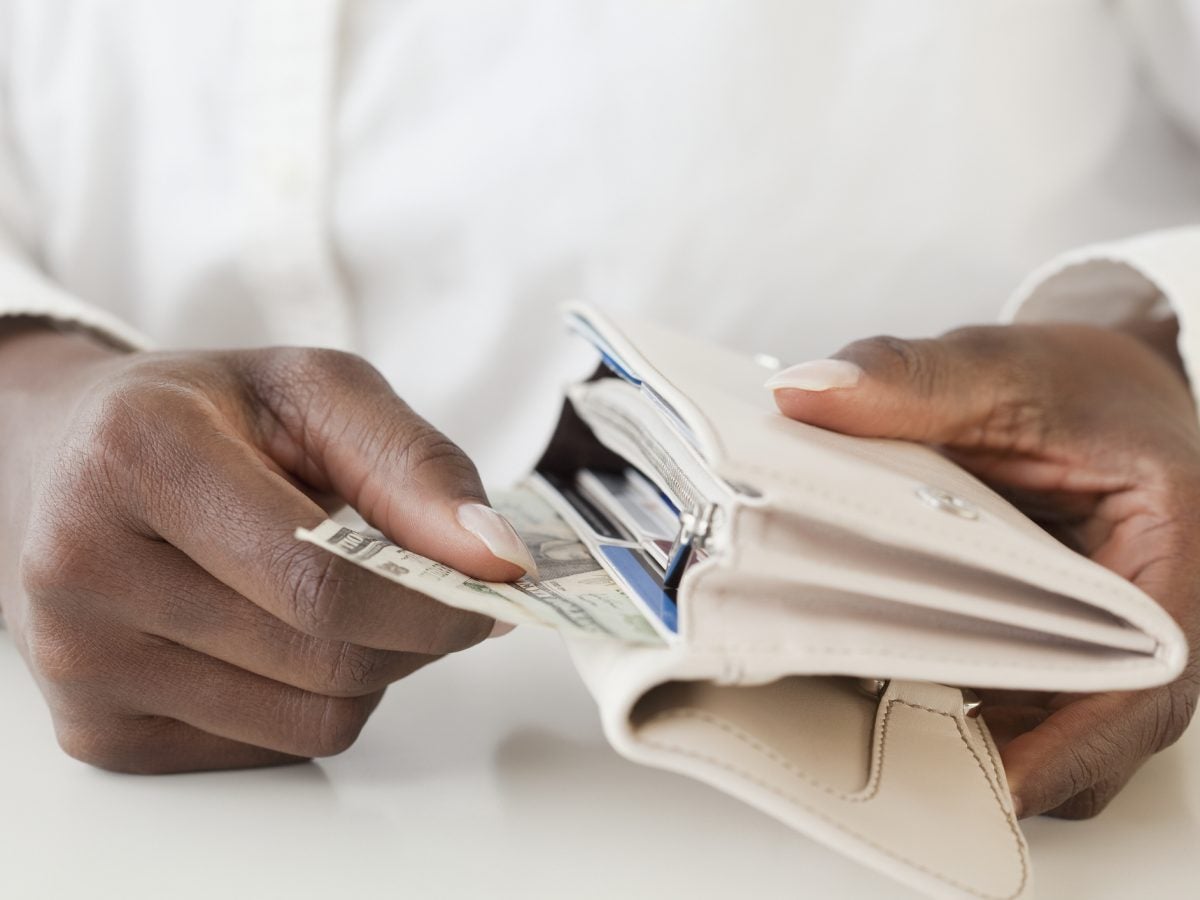
By now, we’ve all likely seen this alarming stat: Nearly 300,000 Black women have left the labor force in three months.
Everyone from journalists to executives has given their thorough analysis as to why such a large number of Black women have been pushed out of the job market. However, the truth of the matter is that this number is not only just a microcosm of how deeply Black women across the country are being impacted by the current economy, but a warning sign for the direction of prosperity for all.
In May 2025, a poll by The Highland Project and brilliant corners found that 88% of Black women reported dissatisfaction with the current direction of the country—and three months later, this sentiment is holding steady. Our Fall 2025 Poll of Black Women Voters in America found that not only are a near-universal 88% of Black women voters still dissatisfied, but 8 in 10 also believe the country is worse off than it was three to four years ago, and that economic conditions are only worsening. This is not just stagnation. It’s a clear slide backwards.
From wages to employment to saving for retirement, Black women’s economic conditions have not only worsened—they have deteriorated. 88% believe economic conditions in the country are getting worse, with many believing conditions are worse today than at the height of COVID-19. 55% feel their wages are falling behind the cost of living, 50% have been impacted by jobs in some way, and 48% do not feel financially prepared to retire. Across every measure, Black women’s economic stability is collapsing.
Black women are facing an impossible trade-off between meeting today’s needs while trying to plan for the future. They are having to delay financial decisions that would secure their futures, like saving for retirement, investing in their children, or taking on new responsibilities.
The canary in the coal mine isn’t a metaphor—it’s Black women’s wallets. And they’re telling us something urgent. Black buying power was estimated at $1.98 trillion in 2025. This is not just a community issue; it’s a national economic warning sign. Black women are key drivers of this spending power. When Black women have to reduce their spending, it creates a ripple effect that causes an economy-wide slowdown.
The impact isn’t figurative; it’s already happening. The exit of these same 300,000 Black women from the job market removed over $37 billion from the U.S. GDP in recent months. Black women are often the first to feel the impact of economic instability and among the last to fully recover. So, when they sound the alarm, it is a clear warning that without real solutions to repair the cracks in our systems, the impact will be deeper and longer-lasting for everyone.
But it’s not just today’s bills. Black women are just as worried about their children’s future. They are asking: Will their children even be prepared by our schools for tomorrow’s world? Concerns about K-12 education and the rising cost of higher education show this isn’t just about now, it’s about the long arc.
However, the story always goes beyond money. Yes, Black women are concerned with the kitchen table issues like wages, healthcare, and the cost of living. But what is striking is that those concerns are inseparable from deeper questions of dignity and care. The number one concern is not just their wallets, but the erasure of Black history from classrooms and museums. They see dignity itself as under attack.
Black women are connecting the dots between dignity, democracy, and economic security because they know that pulling at the threads of one can unravel them all. Not just for them, but for everyone.
And here’s the truth – as much as they are pulling back from spending, they are increasing their commitment to investing in their communities, joy, voice and health. Due to the state of the economy, Black women voters are more likely to invest their resources in encouraging the community to vote (83%), seeking therapy (61%), pursuing vocational training (58%), attending college (55%), taking a vacation (51%), and participating in a march or protest (50%). That’s because we know moving beyond survival to thriving requires that we center our well-being, dignity and care.
So it shouldn’t be a surprise that we continue to support policies and investments that prioritize affordable housing and childcare, student loan debt relief, paid parental leave, and investments in our children’s education. It’s because we know that our economy thrives when we invest in care-centered policies. Our households flourish when essentials like groceries, health care, and even education are affordable. Futures are brighter when everyone’s history is mirrored in them.
Black women have never retreated, and they aren’t now. Despite the growing challenge of navigating today, Black women’s call remains the same. They are calling for interconnected solutions that lead to a collective future rooted in abundance and wholeness for us all. They are calling for solutions that don’t just put a band-aid on the economy, but ones that remedy pervasive issues that attack our holistic well-being.
Black women are asking for fairness and a future that includes everyone. They are asking for stories that tell the whole of our existence, jobs and opportunities that are secure, and today’s basic needs that don’t come at the expense of our tomorrows.
***
Gabrielle is the Founder and CEO of The Highland Project, a values-aligned coalition designing and leading a multi-generational vision of wealth and opportunity for all, anchored in belonging, abundant choice, thriving health, and financial freedom.
The post The Canary In The Coal Mine Isn’t A Metaphor: It’s Black Women’s Wallets appeared first on Essence.
